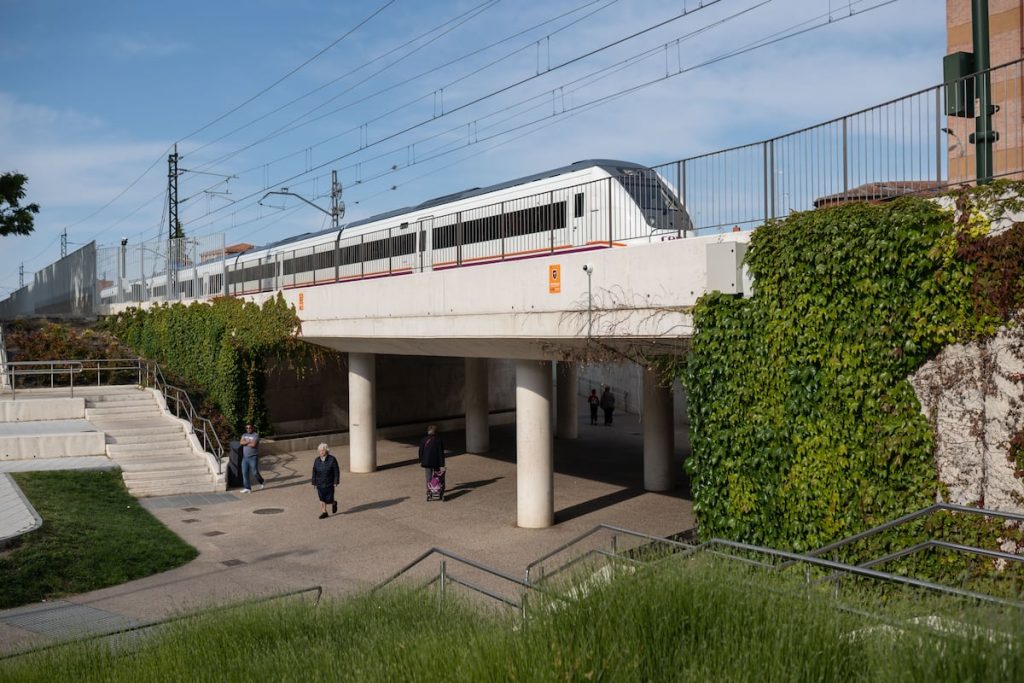The mayor of Valladolid, Jesús Julio Carnero (PP), has revived the debate over the railway tunneling project during his campaign. The city, divided by the railway tracks, had signed a agreement in 2017 with the PP in the government and the Junta de Castilla y León and the PSOE in the City Council. Carnero brought back the issue, with the support of Vox. However, after a year and a half in office, there has been no progress towards tunneling. The Ministry of Transportation has raised concerns about the high cost, complexity, and duration of the project and criticized the lack of rigor in the report validating it, commissioned by the City Council from an inexperienced company affiliated with the PP in Madrid. Carnero is now pushing for tunneling using “screens”, a method that the Valladolid PP rejected in 2002.
The disagreements between Carnero and the Minister of Transportation, Óscar Puente, have escalated, despite previously having a good working relationship. The issue at hand is the estimated cost and timeline of the tunneling project. Adif, the agency responsible for railway infrastructure, presented a report stating that the project would cost almost 3 billion euros, take between 17 and 19 years to complete, and have significant impacts on properties and connections with Madrid. In contrast, the City Council’s report, commissioned from an inexperienced company with ties to the PP, estimated a much lower cost of 565 million euros and a shorter timeline of five or six years. The Ministry has criticized this report for its political bias and lack of respect for Adif’s technical expertise.
The Ministry of Transportation has expressed skepticism about the feasibility of the City Council’s proposed tunneling method, which would involve significant disruptions to railway traffic and circulation in Valladolid. They argue that the City Council’s report fails to consider the technical challenges and operational implications of tunneling in Valladolid. The Ministry views the City Council’s approach to the project as a failure to uphold the integration agreement signed in 2017, which aimed to address the railway division in the city. The Secretary of State for Transportation, José Antonio Santano, has labeled the tunneling plan as a “failure” and called for a focus on integration rather than costly tunneling projects.
The ongoing debate between the City Council and the Ministry of Transportation raises concerns about the effective use of public funds and the impact on the city’s infrastructure and development projects. The City Council’s decision to invest in repairs for the Arco de Ladrillo, a raised passage over the railway tracks, has been criticized as a hindrance to the integration efforts outlined in the 2017 agreement. The construction of a new train station, separate from the tunneling project, also presents challenges and financial implications for the city. The ultimate outcome of the debate may involve the dissolution of the 2017 agreement, potentially leaving Valladolid with significant debts and unresolved infrastructure issues.
Carnero, who is also a senator, has vowed to continue advocating for the tunneling project at the national level. However, the Minister of Transportation has made it clear that tunneling is not a viable option. The ongoing conflict over the tunneling project reflects deeper issues of political divisions and financial concerns within the city of Valladolid. As the debate continues, it remains to be seen how the city will address its infrastructure challenges and move forward with its development projects.


